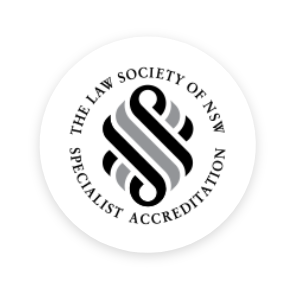What are the common issues?
The will-maker may well consider that a home-made will is sufficient as (at least to them) it expresses their wishes. Many people write home made wills or buy will-making kits from a newsagency or post office in the belief that they will be legally effective. In many cases they are not because of basic mistakes made in drafting or a lack of understanding of the law.
Some of the most common issues include:
- The formal requirements for the making of a will are not adhered to. • A beneficiary named in the will has witnessed the will-maker’s signature.
- The will provides for vague or ambiguous specific gifts, or gifts assets the will-maker does not own.
- The will does not give away the entire estate, creating a partial “intestacy” that is expensive to solve, and which may mean the estate portion goes to unintended beneficiaries.
- The will does not meet the will-maker’s responsibilities to provide for a spouse or children, resulting in the will being challenged and the estate being diminished.
The results of these common issues vary, but inevitably there will be considerable expense incurred in dealing with each issue, and delays in the estate administration process. More importantly, in a worst-case scenario, a beneficiary may not receive their gifted entitlement in the estate, despite the will-maker’s best intentions.
How can Fleming Muntz help?
At Fleming Muntz, we see the impact of home-made wills across three main practice areas – estate planning, estate administration and estate litigation. Our experienced estate planning lawyers work closely with our clients to ensure that their wishes are properly recorded in a valid and enforceable will, and that their wishes are carried out upon their death. Please contact us if we can be of assistance to your clients.
Important fine print
This update is for general information only. It is not a complete guide to the area of law. Competent advice should be obtained before taking any action.

